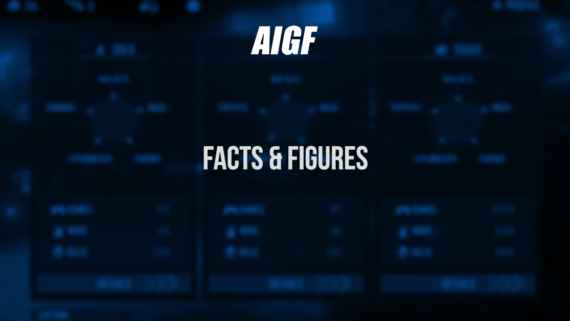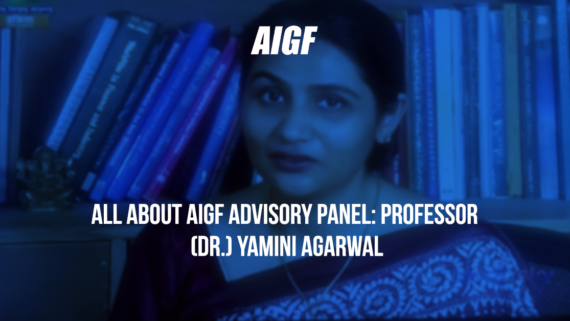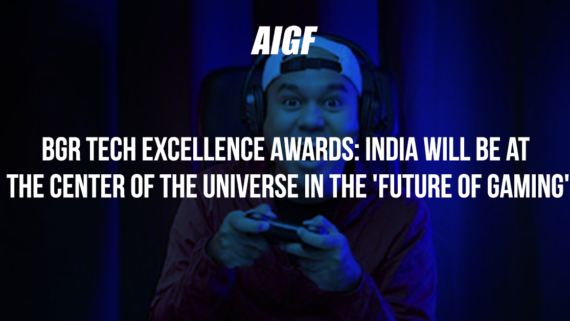The Indian regulatory framework has clearly distinguished between games of skill and games of chance in India. Since games of skill might include an entry fee they can’t be viewed as gambling. Games of chance are viewed as gambling as it includes luck instead of skill and in this manner, it is explicitly precluded by the law, wherein games of skill are considered lawful across most states. The sector needs the help of state governments to promote drives towards capable gaming and acknowledgment of the AIGF ‘Self-regulation Framework’.
Ban On Online ‘Game Of Chance’ In Karnataka May Hurt Subscription Revenue, Say Experts
After the ban on rummy games in Kerala recently, now the Karnataka government has passed the Karnataka Police Act amendment act that tries to ban online “games of chance” wherein the end-user could get an opportunity of losing money. The state government has underscored that it will bargain against operators and abettors who run games of chance covered as games of skill. The bill makes offenses like working such games, protecting such operations, and abetting and partaking in such online games both cognizable and non-bailable. The offenders should serve up to three years in jail and pay fines of up to one lakh.
Notwithstanding, the absence of difference between games of chance and games of skill has left the industry stressed. It is being conjectured that a huge piece of membership income for such applications will get affected in light of the move harming the dawn sector.
All India Gaming Federation CEO Roland Landers says, “India is the fifth biggest online gaming market all around the world and skill-based gaming, a dawn sector, is bringing forth an expanding number of unicorns inside the country, particularly in Karnataka. The sector has been a solid monetary supporter of the Indian economy in any event, during a remarkable time of lockdown and is additionally expected to generate incomes in an abundance of $ 3 billion by 2025. The move by the Karnataka government is a mishap to the state’s standing of being a tech-center and start-up capital.”
PK Misra, President Players’ Association-AIGF and a former IAS, features that around 10-12% of India’s gaming community is situated in Karnataka and the move will thusly project major damage on the sector. He takes note of, “The move will influence the online skill-based gaming sector, stopping player’s right to acquire their livelihood. There is no clearness on the extent of this law. I positively trust the state government draws a reasonable difference between gambling and games of skill. Since 1957, the Supreme court has repeated games of skill as a legitimate business ensured under article 19(1)(g) of the Indian Constitution, additionally upheld by the Karnataka High Court in different judgments.”
Nonetheless, the move is probably not going to muchly affect the advertising incomes or spends by the sector. As Landers explains, “None of the promotion-based platforms go under the domain of this law as it is referenced that just the applications that require some sort of entry or membership charge will be prohibited. Notwithstanding, there could be an expected drop in the membership incomes of such platforms.”
Madison Media and OOH Group CEO Vikram Sakhuja further adds that there will be an expanded emphasis on the “skill-based” aspects of any such applications in their advertisements going ahead. He explains, “The essence of the issue lies in recognizing the game of chance and game of skill. Assuming that isn’t explained, we might be discarding the good along with the bad. Most applications will hall to be delegated as a game of skill thus not be pulled off.
Assuming that doesn’t succeed, their incomes will unquestionably be influenced. Regardless, I can see publicizing zeroing in on the skilled viewpoint.”
The industry anticipates some exchange with the state government
The matter has, yet, left the business stressed over its future, and it needs to take part in a type of exchange with the state government.
Games24x7 VP Corporate Affairs Dinker Vashisht says, “The ban in Karnataka is unsettling for this dawn sector in India, especially when the higher judiciary has repeated the difference between games of skill and games of chance. That Karnataka, which is a tech and startup capital of India, should make such a stride is even more troubling because a ton of different states understand gaming’s latent capacity and are dealing with policies to draw in investment from gaming organizations taking into account the sector’s gigantic multiplier benefits.”
Justice Vikramajit Sen, a former judge of the Supreme Court and former Chief Justice of the Karnataka High Court adds, “The Indian regulatory framework has clearly distinguished between games of skill and games of chance in India. Since games of skill might include an entry fee they can’t be viewed as gambling. Games of chance are viewed as gambling as it includes luck instead of skill and in this manner, it is explicitly precluded by the law, wherein games of skill are considered lawful across most states. The sector needs the help of state governments to promote drives towards capable gaming and acknowledgment of the AIGF ‘Self-regulation Framework’. AIGF and its advisory members anticipate a chance to draw in stakeholders inside the state government to make an industry portrayal on the matter.”
Communicating her perspectives, Muskan Sethi, Responsible Gaming Ambassador of All India Gaming Federation said, “Each expert gamer commits their time and efforts in working on their skills and gameplay to perform better at any domestic or worldwide gaming competitions. The choice to ban online skill gaming across the province of Karnataka might influence the livelihood and pay off these gamers living in that state. Rather than banning such games from the market, as a player, I would recommend the government should try to devise a regulatory framework in consultation with the industry stakeholders so it supports proficient ongoing gameplay and controls the ascent of the dark market of gambling.”
Credits: Exchange4media











Comments
Comments are closed.